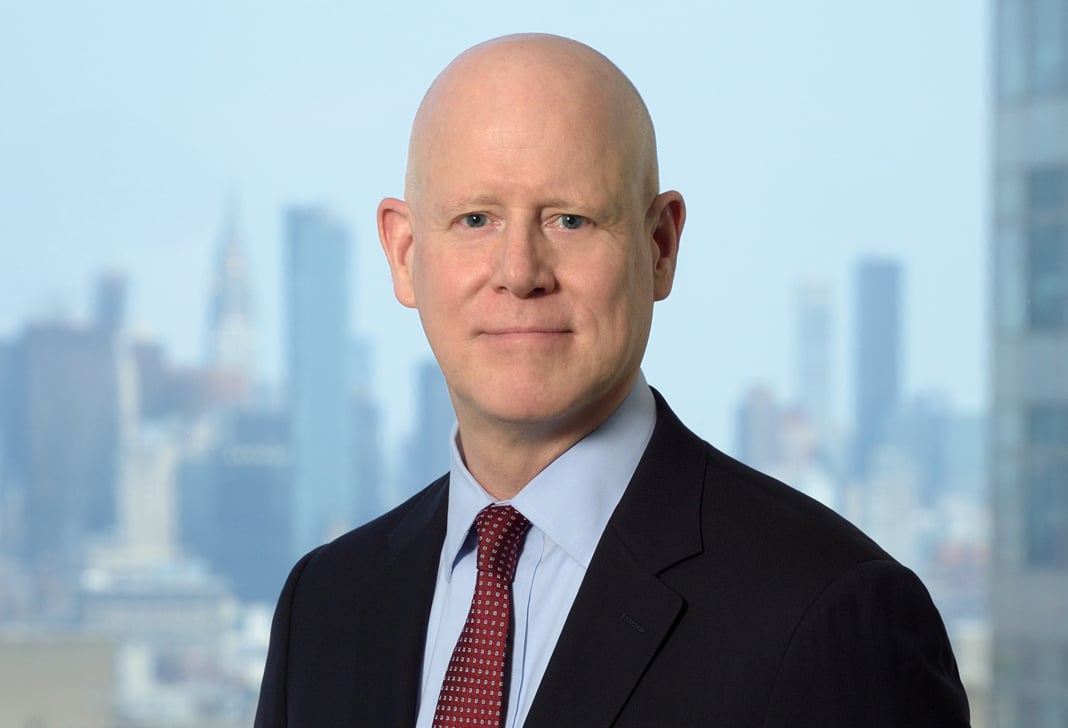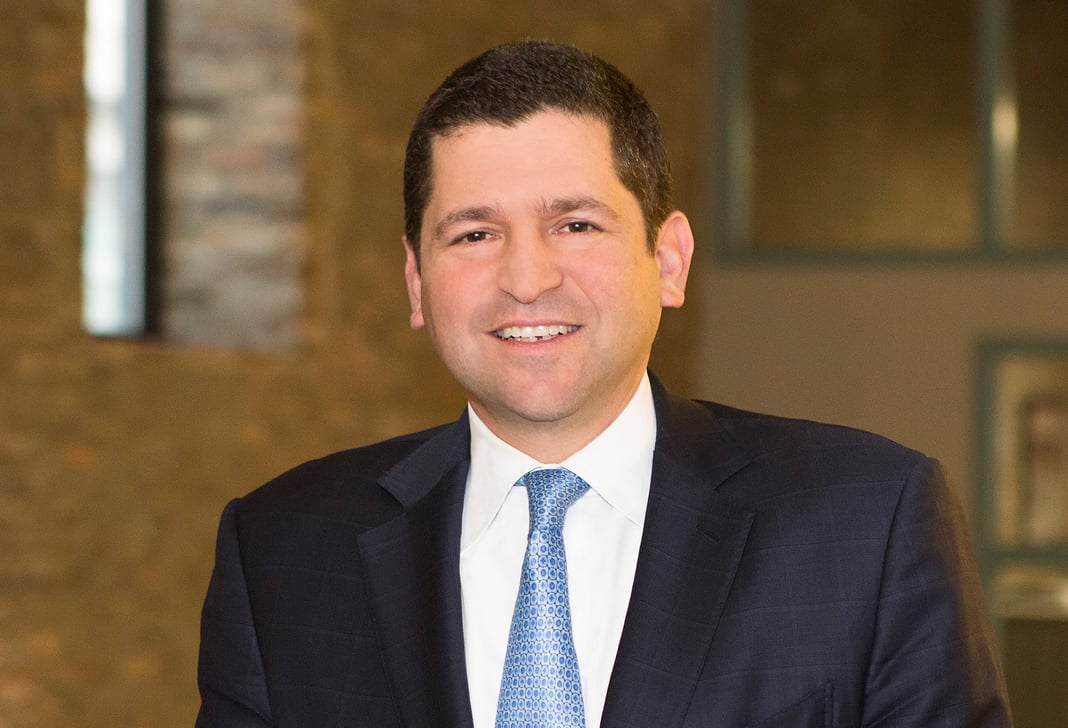
Supreme Court Rules that Chevron Deference Is Not Owed to Unexplained Agency Positions
On June 20, 2016, the United States Supreme Court decided Encino Motorcars v. Navarro, which held that an agency is not entitled to Chevron deference when it fails to give adequate reasons to support its regulation. The case involved the Department of Labor's unexplained decision to reverse a long-held position exempting service advisors at auto dealerships from overtime under the Fair Labor Standards Act. On remand, the Ninth Circuit will analyze that question in the absence of Chevron deference, as well as in the face of two Justices' separate opinion rejecting as "made up" the canon that courts must narrowly construe FLSA exemptions.
Background About the Fair Labor Standards Act and Service Advisors at Auto Dealerships
The underlying issue in Encino Motorcars was whether service advisors at an auto dealership were entitled to overtime pay under the Fair Labor Standards Act ("FLSA"). That statute requires that employers pay overtime to employees who are covered by the Act when they work more than 40 hours in a given work week. In 1966, Congress added an exemption to the FLSA's overtime requirements for "any salesman, partsman, or mechanic primarily engaged in selling or servicing automobiles" at an auto dealership. 29 U.S.C. § 213(b)(10)(A). The Department of Labor issued regulations in 1970 that defined a "salesman" for purposes of this overtime exemption to mean "an employee who is employed for the purpose of and is primarily engaged in making sales or obtaining orders or contracts for sale of the vehicles … which the establishment is primarily engaged in selling." 29 C.F.R. § 779.372(c)(1) (1971). The effect of this definition was that service advisors, who sell maintenance and repair services but not vehicles, did not fall within the exemption (and were therefore entitled to overtime-pay protections).
After numerous courts rejected the Department of Labor's view that service advisors did not fall within the exemption for "salesman," however, the Department issued a 1978 opinion letter stating that service advisors could fall within the exemption. And in 1987, the Department updated its Field Operations Handbook to make clear that service advisors should be treated as exempt from the FLSA.
Decades later, the Department again reversed course. In 2011, it promulgated a regulation returning to its original view that service advisors were excluded from the definition of "salesman." The regulation included little explanation for why the Department had decided to depart from the official position it had maintained since 1978—namely, that service advisors were excluded from the FLSA's overtime requirements. In fact, when changing its position in 2011, the Department offered only the vague rationale that "the statute does not include such positions and the Department recognizes that there are circumstances under which the requirements for the exemption would not be met." 76 Fed. Reg. 18,831, 18,838 (Apr. 5, 2011).
Current and former service advisors sued Encino Motorcars, LLC, claiming that Encino failed to pay them overtime in violation of the FLSA. Encino moved to dismiss, arguing that the service advisors fell within the exemption for a "salesman" from the FLSA's overtime provisions. The district court granted the motion to dismiss.
The Ninth Circuit reversed, finding that Chevron deference obligated the district court to defer to the Department of Labor's 2011 interpretation. In so doing, the Ninth Circuit created a split with the Fourth Circuit and the Montana Supreme Court.
The Decision in Encino Motorcars
The Supreme Court's decision held that Chevron deference is inappropriate where an agency fails to adequately explain the reasons underlying its regulation. Encino Motorcars, LLC v. Navarro, 579 U.S. at ___, Slip Op. at 12.
One of the ways that rulemaking can be "procedurally defective" is if the agency does not "give adequate reasons for its decisions," because the absence of even a "minimal level of analysis" to support a regulation renders the regulation "arbitrary and capricious," which means that it "cannot carry the force of law." Id. at 9. The Court announced this rule in broad terms, suggesting that it applies both to promulgation of initial regulations and to subsequent regulatory changes. the Court noted that "[a]gencies are free to change their existing policies" but must "provide a reasoned explanation for the change" to be accorded deference. Id. That is particularly so when an agency's "longstanding policies may have ‘engendered serious reliance interests that must be taken into account.'" Id. (citation omitted).
Applying these principles to the Department of Labor's 2011 regulation, the Court found that the regulation is not entitled to Chevron deference. Not only had "the Department offered barely any explanation" for its decision to embrace the pre-1978 definition of "salesman," but auto dealers "had relied since 1978 on the Department's [prior] position" and had "negotiated and structured their [service advisor] compensation plans" accordingly. Id. at 10. "In light of the serious reliance interests at stake," the Court found that "the Department's conclusory statements" that the FLSA does not include service advisors "do not suffice to explain its decision," and thus its 2011 regulation was "a rule that cannot carry the force of law" and "does not receive Chevron deference." Id. at 12.
Because the Ninth Circuit had improperly accorded Chevron deference to the Department's regulation, the Court vacated and remanded the case to the Ninth Circuit for the purpose of deciding whether the statute covers service advisors, without giving Chevron deference to the 2011 regulation. Thus, the Court did not resolve the ultimate question of whether service advisors are entitled to overtime pay.
In a concurring opinion, Justice Ginsburg (joined by Justice Sotomayor) insisted that nothing in Encino Motorcars "disturbs well-established law." Nevertheless, the concurring Justices cryptically noted that they were "not persuaded that, sans Chevron, the Ninth Circuit should conclude on remand that service advisors are categorically exempt from hours regulations."
Justice Thomas's dissent (which Justice Alito joined) agreed with the majority that the Department's 2011 regulation did not deserve Chevron deference. But unlike the Court, the dissenters would have reached the merits and decided whether the FLSA requires overtime pay for service advisors, rather than leaving that issue for the Ninth Circuit to decide in the first instance. The dissenters would have read the FLSA's overtime exemption for a "salesman" to apply to service advisors, who are engaged in the selling of repairs and maintenance for automobiles.
The dissent also emphasized that, on remand, the Ninth Circuit should not apply "the made-up canon that courts must narrowly construe the FLSA exemptions." It noted that on two recent occasions, the Court had declined to apply that canon. Additionally, quoting an amicus brief Jones Day filed on behalf of entities including the Chamber of Commerce of the United States of America, the dissenters explained that the canon itself appears to "‘res[t] on an elemental misunderstanding of the legislative process.'"
Implications
Although the Supreme Court's decision in Encino Motorcars did not resolve the ultimate question whether the FLSA's overtime exemption applies to service advisors, the decision is important for at least three reasons.
First, the decision indicates that agency regulations are not entitled to Chevron deference unless the agency sets forth its analysis of the governing statute and provides adequate reasons to support its regulation during the notice-and-comment rulemaking process. Requiring this type of candor in the notice-and-comment rulemaking process should greatly increase administrative transparency.
Second, and relatedly, if the agency is departing from a prior position on which the business community has come to rely, the agency must give particular attention to why it is changing position.
Third, the dissenting opinion's harsh critique of "the made-up canon that courts must narrowly construe the FLSA exemptions"—which went unanswered by the other Justices—further calls into question whether this purported "canon" has any vitality going forward.
Jones Day publications should not be construed as legal advice on any specific facts or circumstances. The contents are intended for general information purposes only and may not be quoted or referred to in any other publication or proceeding without the prior written consent of the Firm, to be given or withheld at our discretion. To request reprint permission for any of our publications, please use our "Contact Us" form, which can be found on our website at www.jonesday.com. The mailing of this publication is not intended to create, and receipt of it does not constitute, an attorney-client relationship. The views set forth herein are the personal views of the authors and do not necessarily reflect those of the Firm.





